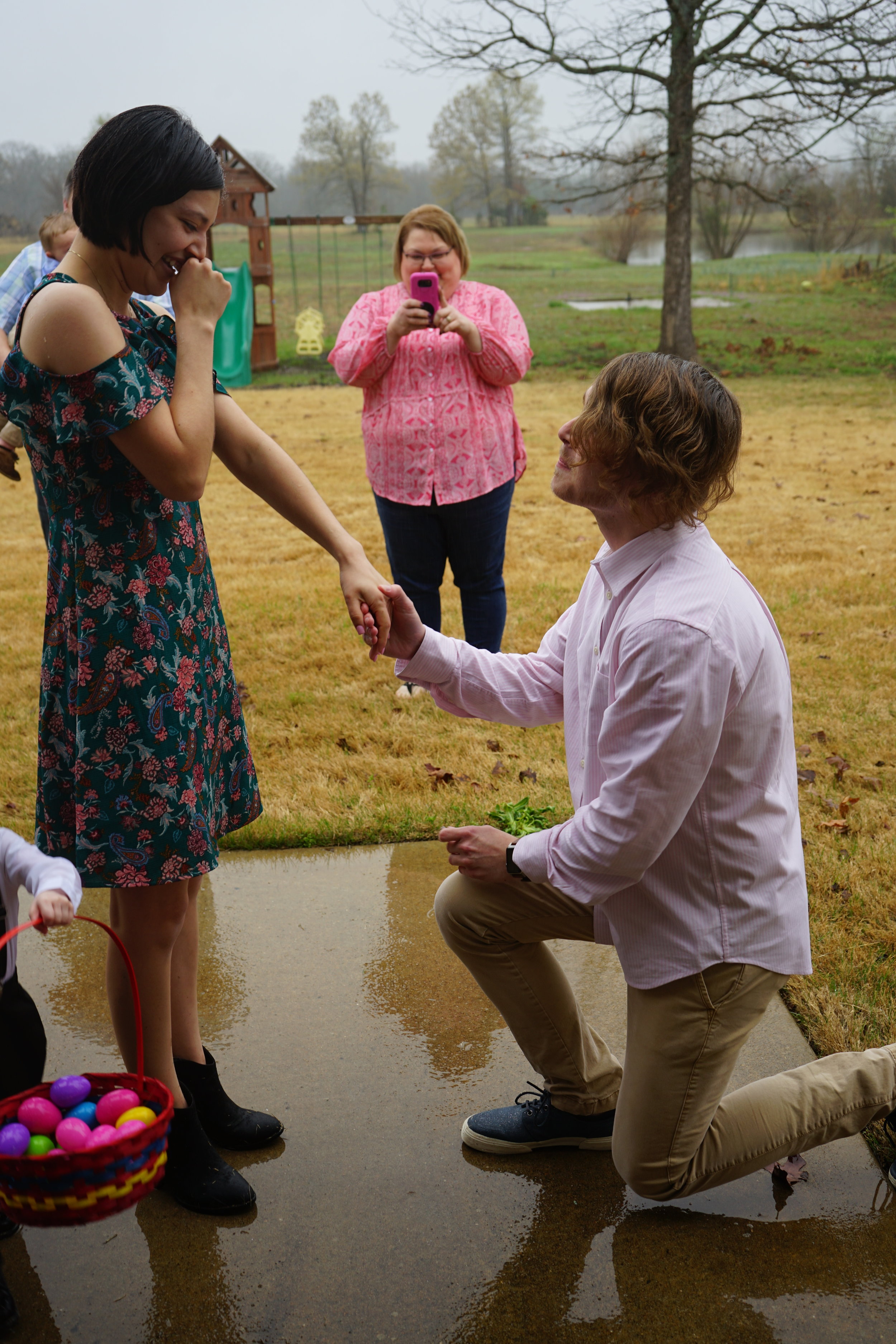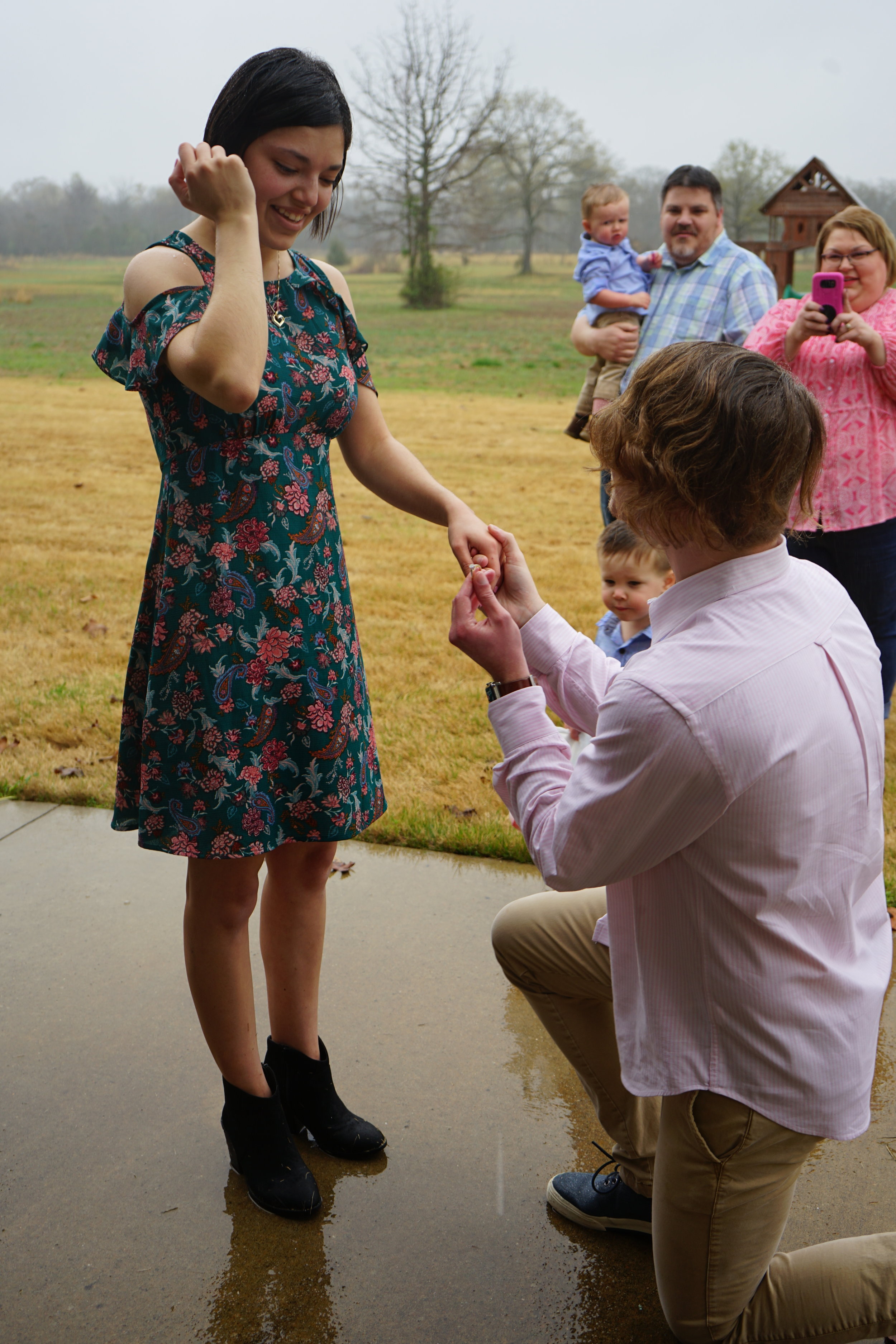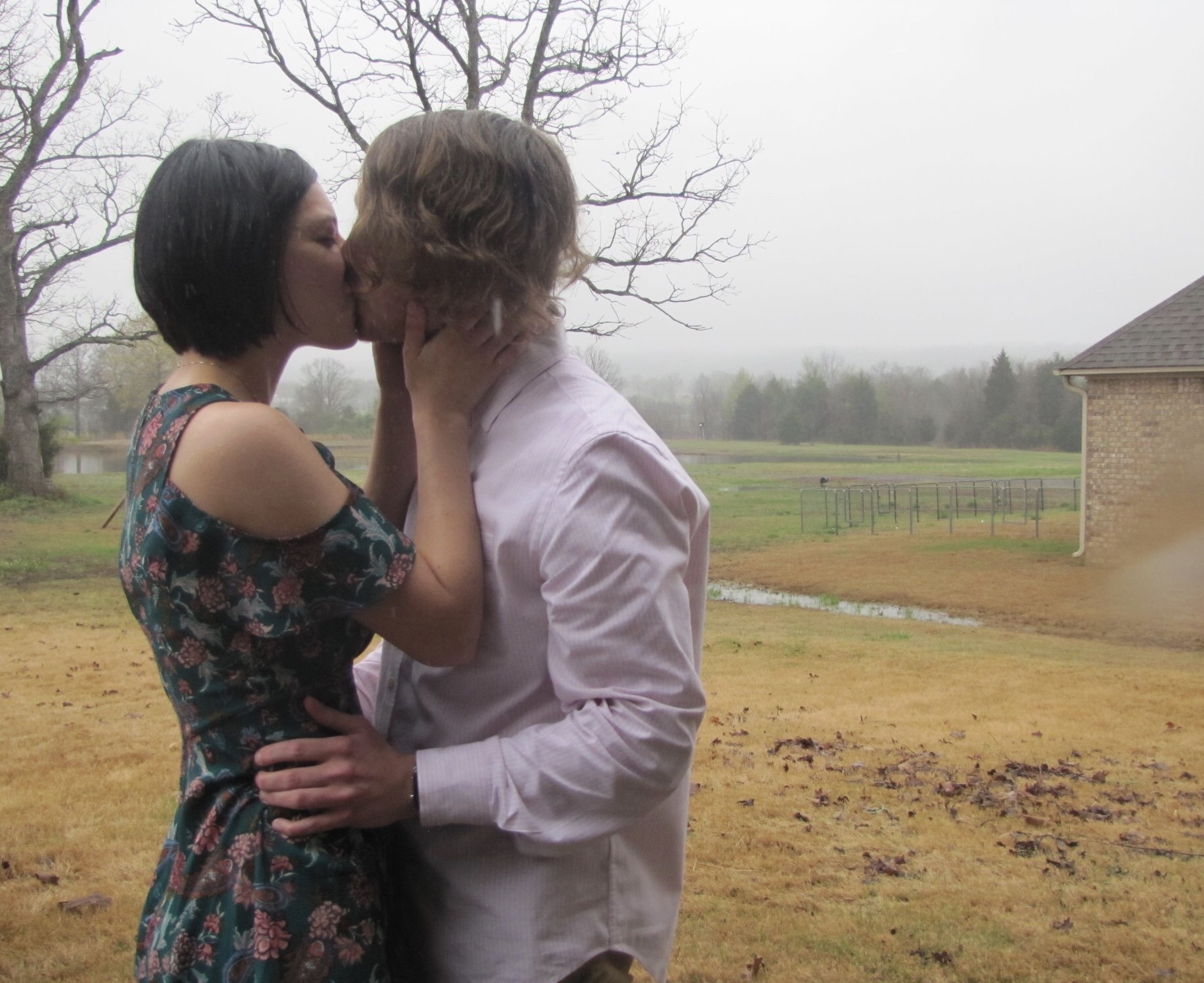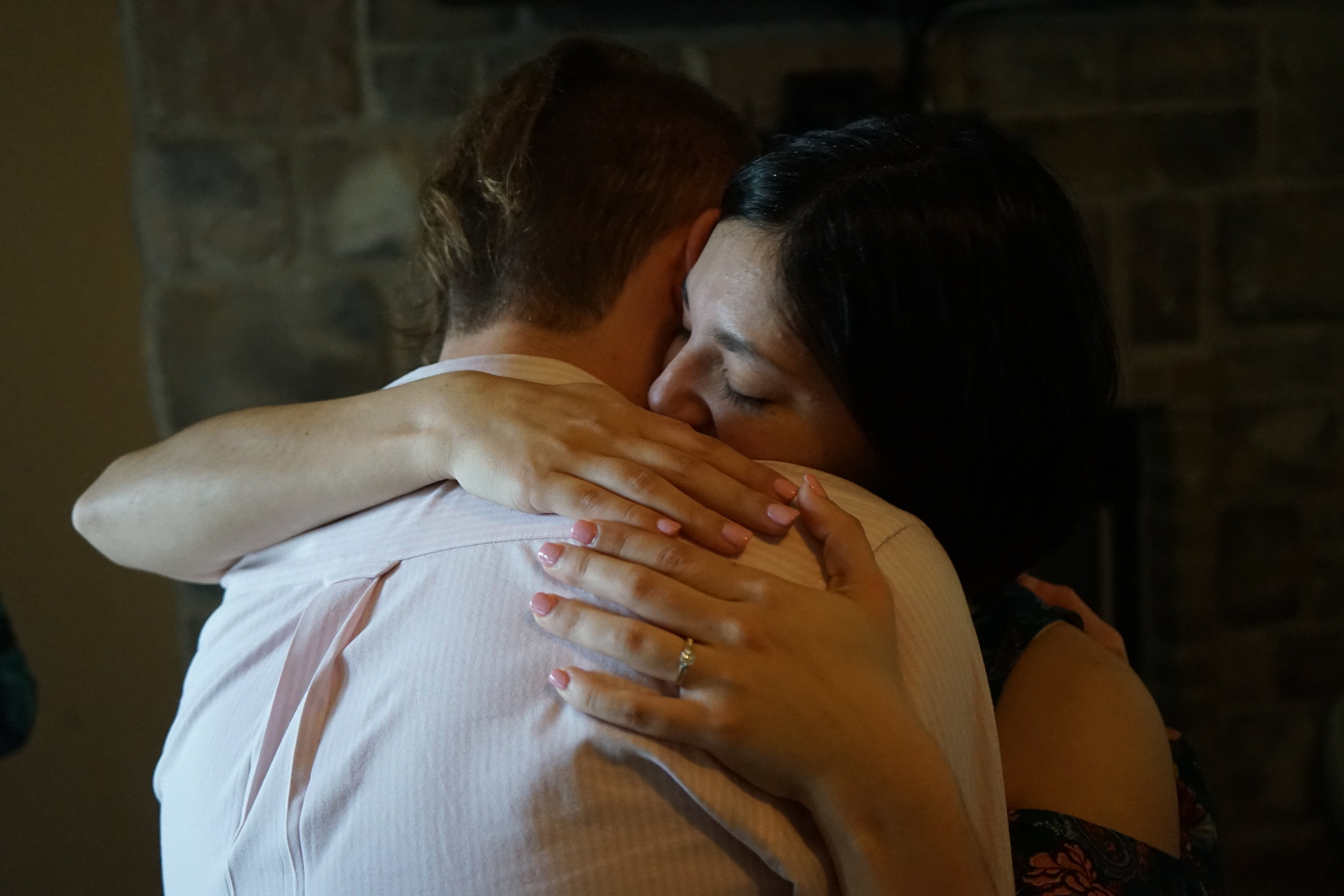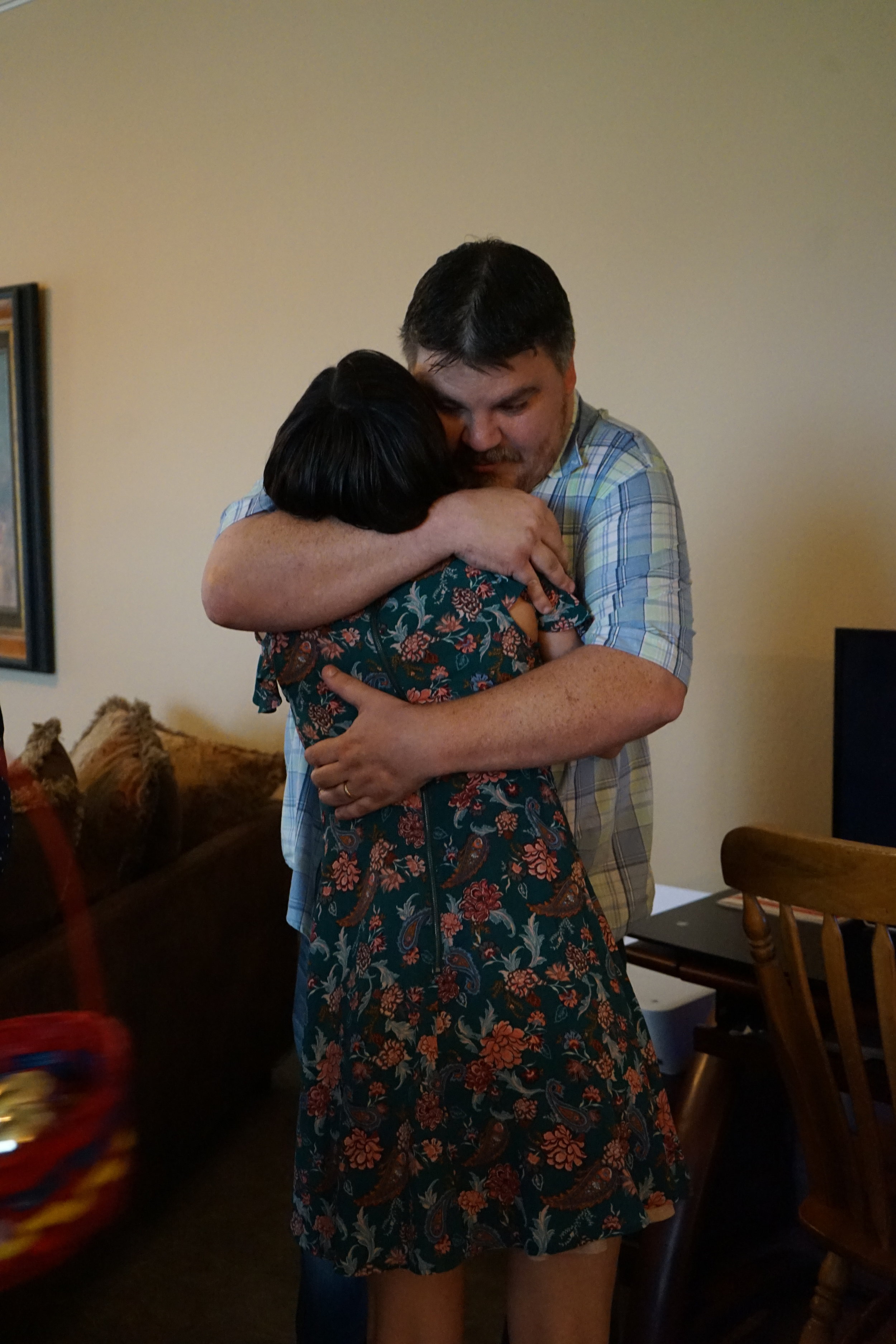Cussing. Swearing. Using wordy-dirds. Or as Captain America puts it, “Language!” Whatever you call it, profanity is a contentious topic. Some people balk at any reference to four-letter words, while others sprinkle them into conversation without missing a beat. Most people don’t even notice if a naughty word or two gets thrown around during a movie, but I know some who invest in special TV equipment just for filtering out foul language. They make some adults blush, most children giggle, and every stubbed toe feel just a little bit better. (Don’t act like you’ve never said one, at least in your head.)
And everyone has their own idea of what a cuss word is. We each have a list in our heads of words we’ll never, ever say, at least not in public. Is it OK to make references to profane words, maybe just by saying the first letter? What about writing out the first and last letters with funny characters in the middle? I’m sure most of us have used a word at some point that horrified a friend or family member who considered it a cuss word when we had no idea. It seems like we spend a lot of time thinking about and potentially trying to avoid this subjective list of words that have been deemed “bad” by society.
But what really makes these words bad, anyway? Sure, they’re impolite in many social circumstances. Some might even call them offensive. You probably wouldn’t use them in front of your grandma. And you certainly don’t want to say them in front of children who don’t understand how to read a room before opening their mouths. But is there anything about the words we consider “cuss words” that makes them innately negative or destructive?
I’m not trying to make light of these words or those who have strong opinions about them. I understand the inclination to avoid them. But lately, I’ve started to wonder if we’re focusing our attention on the wrong kinds of words. Because I’ve noticed that the people who spend the most time avoiding cussing tend to be the most likely to overlook something a lot more dangerous: slurs.
Slurs are words that are used to demean, dehumanize, or otherwise disrespect a human being or group of human beings, usually based on some sort of stereotype. For the sake of decency, I won’t give you a list, but you can probably think of a few yourself. These words are objectively, morally reprehensible because they are created and used to be hurtful. Their intention is to cause harm to someone else, something we all know that language can do. In short, these words are hateful, and that is what makes them bad words.
I’ll give one example, and I hope I handle it tastefully. I have been horrified by the rampant, relentless use in our culture of the r word. Originally used as a medical term to refer to someone with an intellectual disability, this word has been hijacked by popular culture and used to refer to someone who is stupid, foolish, or nonsensical. And that misappropriation, that use of the term as a way to insult another person, has rendered it a slur.
Many of us are privileged enough to have no experience whatsoever with the feelings of marginalization and devaluation that come with being identified with a word that’s used as a slur, and so it’s hard for us to picture what that’s like. But I’m asking you to try. Imagine that there was a word that described a characteristic that you did not choose and could not change. Something that made you different. Something that was a part of your identity that you could not get rid of. And then someone else, who doesn’t have that characteristic and experience, comes along and starts using that word in place of the word “idiot.” How would that make you feel? When I think about it, it makes me feel pretty low.
I’m not saying that people who use the r word mean to be hurtful by using it. They probably just picked it up from someone else and started using it without thinking about what it actually means. But here’s the thing: It doesn’t matter your intention. A slur is a slur, and it’s immensely hurtful to those affected by it.
We don’t have the right to look at someone who’s already had a rough go of it and say, “Your experience doesn’t matter. Only mine does.” That word doesn’t belong to us; it belongs to them. And when we take it and misapply it, it is an attack on the identities and self-esteems of people who have struggled enough as it is. People who have done nothing wrong. People who deserve our consideration and respect.
It’s an exercise in empathy, and that’s not an easy thing to do. I understand that. But if we’re going to be good, kind, loving people, monitoring our language and removing hate speech is a part of that. You can’t claim to love someone if you’re harming and marginalizing them with your words at the same time. Being sympathetic means recognizing the experiences of others as equally valuable as your own, and sometimes, that means adjusting the words you use to make the world a more welcoming place for others.
The r word is just one example, by the way. There are countless more, and we all use them, even if we don’t know it. It was recently brought to my attention that my use of the word “lame” to describe something that’s boring or disappointing is actually an ableist slur. At first, I thought (like many of you might have just now), “That’s ridiculous!” But the more I thought about it, the more I realized that using that word could make someone who’s disabled feel like they’re a bore or a disappointment, and I would never want to do that. Would you?
Some might ask, “If we start down this road of monitoring our language, when will it end?” And here’s my answer: It’ll end when we’ve removed every single insensitive, hateful slur from our language. Every last one. They have no place in decent society, and it’s wrong for us to participate in the marginalization of others. It may not matter that much to you because it doesn’t affect you or your loved ones personally, but it’s a daily struggle for those who’ve already been mistreated and cast aside already, as well as countless others who love them.
Ableism. Racism. Sexism. Classism. Ageism. We communicate all of these biases and more when we use slurs in our everyday language. I for one am committed to removing all of them from my speech, and I hope you will be, too. Avoiding cuss words is great if that’s what you feel led to do, but if you continue to allow this sort of hate speech into your conversation, then you’re still using bad words. Let’s agree to work together and remove them all, shall we?


